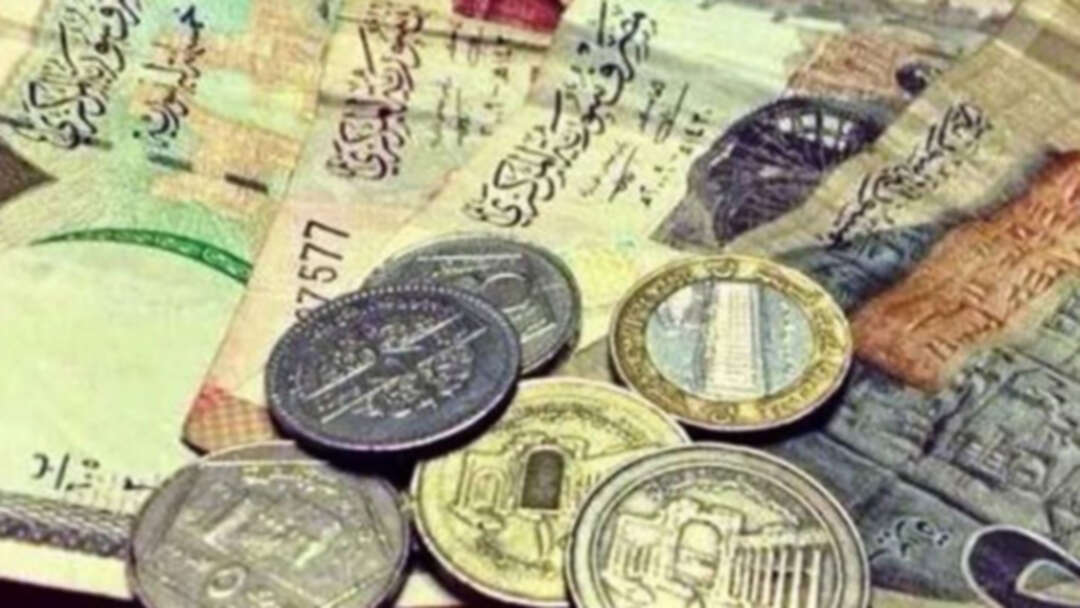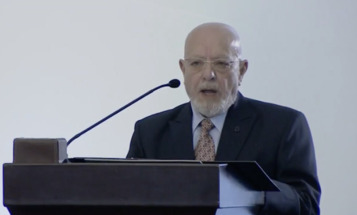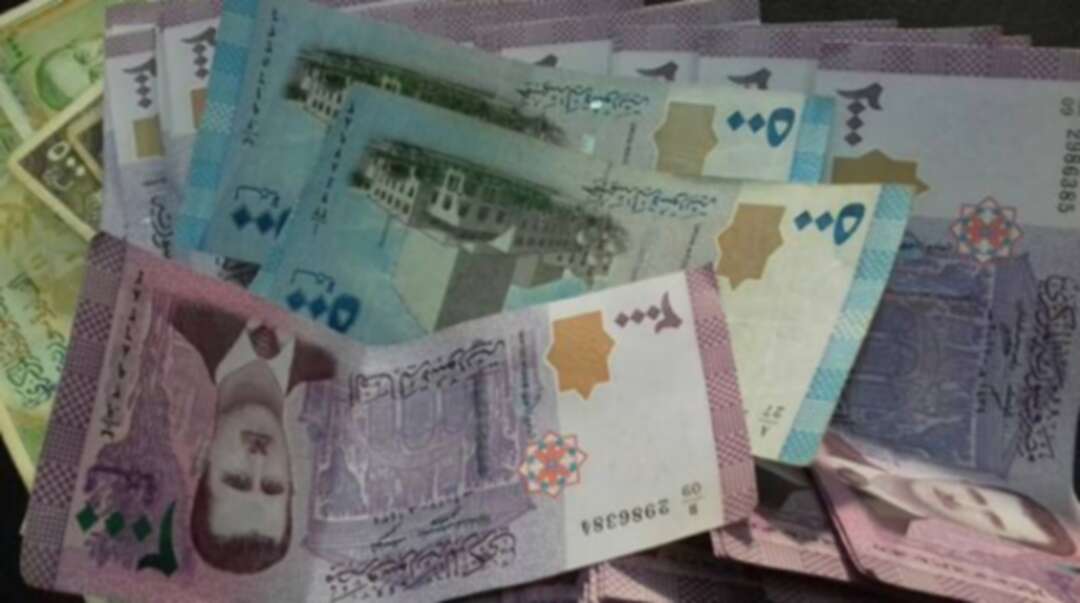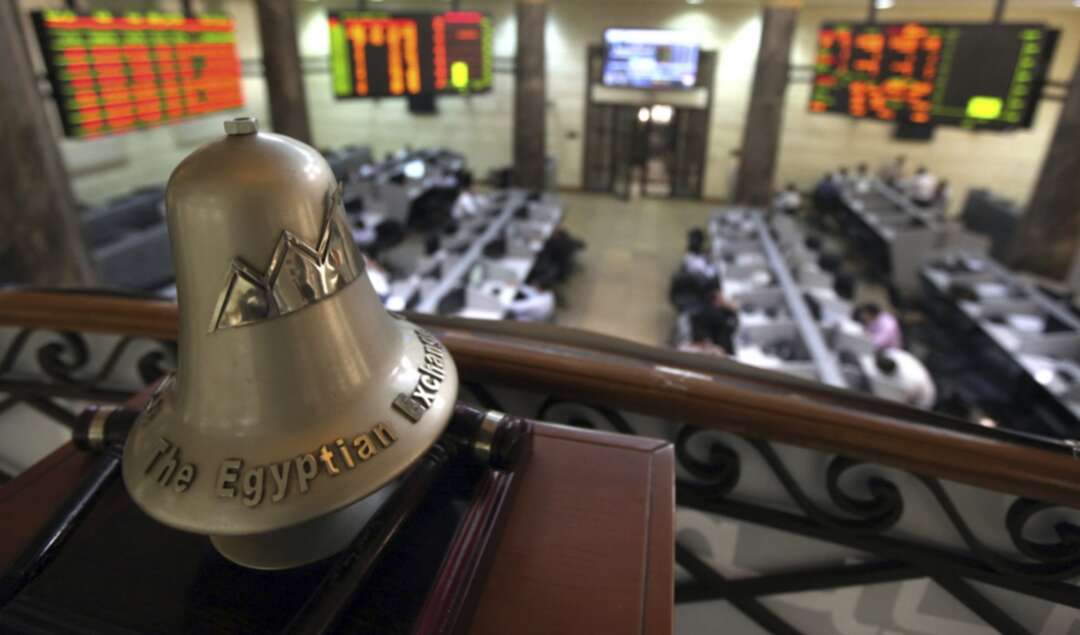-
Sisi Calls for Review of IMF Program Amid Difficult Circumstances
-
It appears that the Egyptian government is seeking to find a delicate balance between adhering to IMF conditions and easing the burden on citizens, which may lead to adjustments in the course of econo
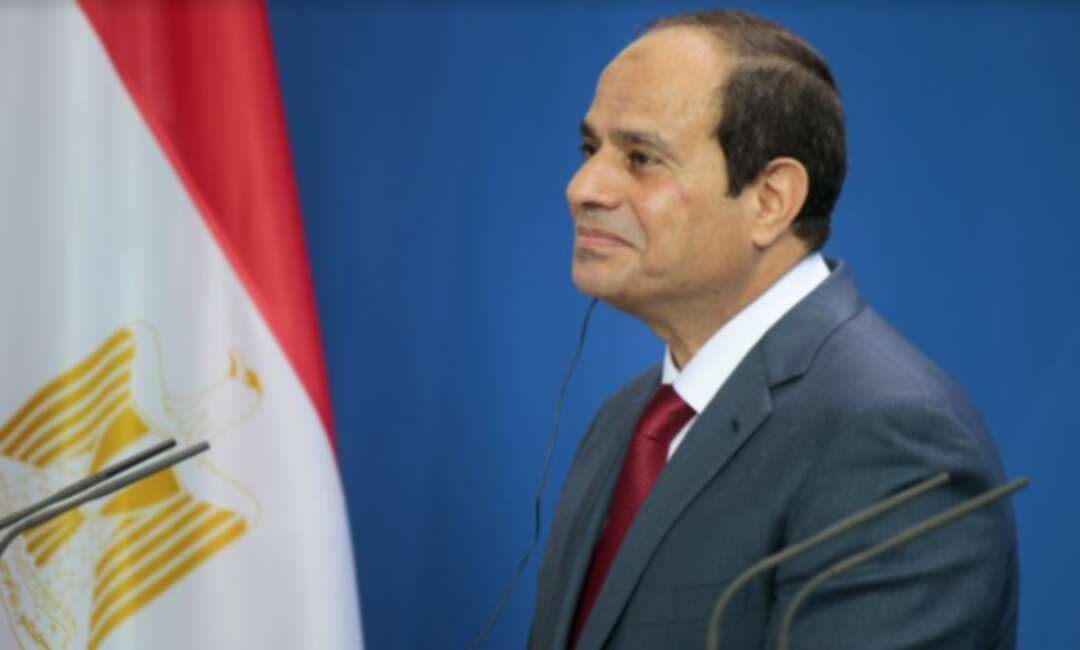
Egyptian President Abdel Fattah el-Sisi made interesting statements about the current program with the International Monetary Fund (IMF), emphasizing the need to consider the difficult circumstances negatively affecting economies worldwide. Sisi stressed the importance of reviewing the agreement with the Fund if it would put citizens in an unbearable situation.
These statements come in the wake of the Egyptian Petroleum Ministry's decision to raise prices for a wide range of fuel products for the third time this year, by percentages ranging between 7 and 17%, which has sparked widespread controversy about its impact on Egyptians' daily lives.
In a related context, Sisi revealed that Egypt has lost about 7 billion dollars in Suez Canal revenues over 10 months, warning of the possibility of the crisis extending for an additional year. He also confirmed the country's need to provide one million jobs annually to face the influx of new graduates into the job market.
For his part, Prime Minister Mostafa Madbouly stated that the government takes into account low-income individuals in all procedures, confirming the continuation of support for this category. He indicated that future fuel increases would be less than previously planned, with any new increases postponed for 6 months.
In an analysis of the economic situation, Ali Metwally, an economic consultant, explained that reducing subsidies in Egypt is one of the IMF's conditions, and he expected the inflation rate to reach 25% by the end of 2024, with the possibility of it decreasing to 13% by the end of 2025.
It's worth noting that Egypt signed an agreement with the IMF in March 2024 to obtain a loan of 8 billion dollars, accompanied by economic measures including liberalizing the exchange rate of the Egyptian pound.
Amid these developments, Madbouly confirmed that his use of the term "war economy" does not mean Egypt entering a war, but rather refers to directing state resources to secure basic needs for citizens and defend the homeland in case of a direct threat.
These statements and measures reflect complex challenges facing the Egyptian government in balancing the requirements of economic reform with increasing social pressures, in light of volatile regional and global circumstances.
Levant-Agencies
You May Also Like
Popular Posts
Caricature
BENEFIT Sponsors BuildHer...
- April 23, 2025
BENEFIT, the Kingdom’s innovator and leading company in Fintech and electronic financial transactions service, has sponsored the BuildHer CityHack 2025 Hackathon, a two-day event spearheaded by the College of Engineering and Technology at the Royal University for Women (RUW).
Aimed at secondary school students, the event brought together a distinguished group of academic professionals and technology experts to mentor and inspire young participants.
More than 100 high school students from across the Kingdom of Bahrain took part in the hackathon, which featured an intensive programme of training workshops and hands-on sessions. These activities were tailored to enhance participants’ critical thinking, collaborative problem-solving, and team-building capabilities, while also encouraging the development of practical and sustainable solutions to contemporary challenges using modern technological tools.
BENEFIT’s Chief Executive Mr. Abdulwahed AlJanahi, commented: “Our support for this educational hackathon reflects our long-term strategic vision to nurture the talents of emerging national youth and empower the next generation of accomplished female leaders in technology. By fostering creativity and innovation, we aim to contribute meaningfully to Bahrain’s comprehensive development goals and align with the aspirations outlined in the Kingdom’s Vision 2030—an ambition in which BENEFIT plays a central role.”
Professor Riyadh Yousif Hamzah, President of the Royal University for Women, commented: “This initiative reflects our commitment to advancing women in STEM fields. We're cultivating a generation of creative, solution-driven female leaders who will drive national development. Our partnership with BENEFIT exemplifies the powerful synergy between academia and private sector in supporting educational innovation.”
Hanan Abdulla Hasan, Senior Manager, PR & Communication at BENEFIT, said: “We are honoured to collaborate with RUW in supporting this remarkable technology-focused event. It highlights our commitment to social responsibility, and our ongoing efforts to enhance the digital and innovation capabilities of young Bahraini women and foster their ability to harness technological tools in the service of a smarter, more sustainable future.”
For his part, Dr. Humam ElAgha, Acting Dean of the College of Engineering and Technology at the University, said: “BuildHer CityHack 2025 embodies our hands-on approach to education. By tackling real-world problems through creative thinking and sustainable solutions, we're preparing women to thrive in the knowledge economy – a cornerstone of the University's vision.”
opinion
Report
ads
Newsletter
Subscribe to our mailing list to get the new updates!

